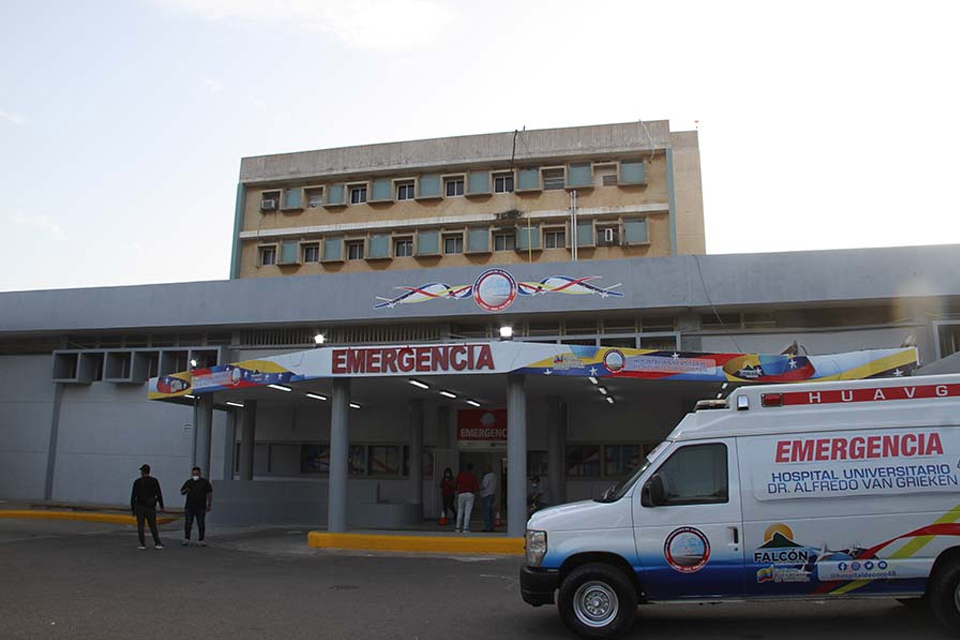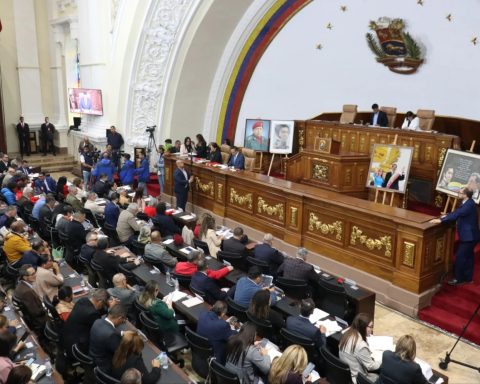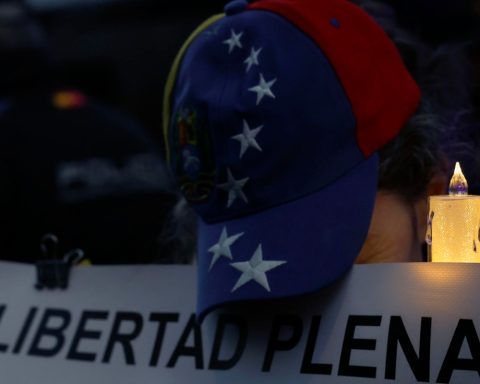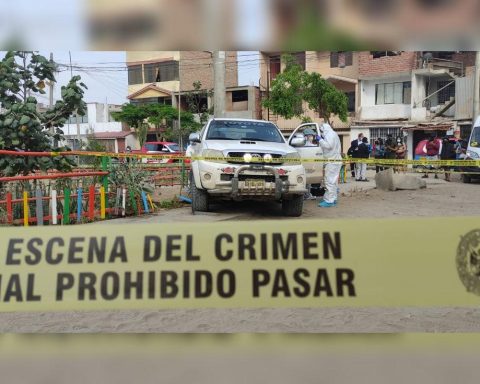The mapanare is the reptile that most causes poisoning in Venezuela, being responsible for 85% of the registered cases of snakebite. Its venom, which can be treated with antivenom, contains a toxin that causes severe pain and inflammation, which leads to water failure of the kidneys, coagulation problems, necrosis, and more failures in the cardiovascular and renal systems.
Chavista militancy woke up in mourning in the Petit de Falcón municipality, due to the death of Elida Morales, a leader of the Hugo Chávez Battle Unit (UBCH) from the town of San Hilario.
Morales was bitten by a poisonous serpent snake known in Venezuela as mapanare and colloquially as “fried tail snake.” With a timely application of antivenom serumused to deal with snake venom, would not have been a fatal victim of the animal.
However, when going to the Dr. Alfredo Van Grieken University Hospital, Coro’s main healthcare center, the institution did not have the antidote to counteract the poison.
The complaint was made by Jesus Montilla, former governor of Falcón for the United Socialist Party of Venezuela (PSUV), who recounted the case on his Twitter account with indignation. “It is incredible that these things happen in the 21st century,” he lamented after denouncing that there was no serum in the hospital.
Today the dear leader of the UBCH of San Hilario Elida Morales passed away. Excellent base leader of Mcpio Petit. The outrage is that she dies from a snake bite for which there was no antivenom serum at the Coro hospital. Incredible that in the XXI century these things happen pic.twitter.com/pyOI6fsFIT
– Jesus Montilla (@jmontillapsuv) September 9, 2022
Montilla’s comment takes on even more magnitude considering his history as a leader of the PSUV, since he was also a constituent in the ANC convened by Hugo Chávez in 1999 and a deputy to the National Assembly in the legislative periods 2011-2015 and 2016-2021.
A long-standing leader in the ranks of Chavismo criticizes the health system controlled by the government of Nicolás Maduro, which does not guarantee basic and essential serums that a public health institution should have.
*Also read: WHO implements 32 projects to strengthen the Venezuelan health system
Snake bites in Venezuela
The iO Foundation, a scientific organization dedicated to the study and control of infectious diseases, emphasized in a report published in June 2020 that each year about 60 people die in the country from poisoning due to snakebite.
The publication highlights that this situation occurs because there is a marked disinvestment to acquire and distribute antidotes in the country, which subjects poisoned people to go through several states looking for the serum until they die or are amputated so that the poison does not continue traveling through the bloodstream.
“There is a striking lack of investment and distribution capacity for antivenom serum in the country. With the associated risk to the health of people who suffer a bite. A person can travel three states in search of serum and die trying or is amputated, because 90% of the people who are bitten by a snake are poor, “highlights the report.
The organization denounces that the Ministry for Health is the entity in charge of distributing the medicine that must reach all general hospitals, “but unfortunately most do not have them and those affected do not find them available.”
Just a month ago, Major General Luis José Contreras, a member of the Fire Department of the National Institute of Aquatic Spaces (INEA), denounced that he did not have the means to transfer the antivenom serum to people who need it, so had to ask for “queue” to go from one state to another.
“Every time they call me. Sometimes I can take it asking for a queue, but sometimes at night it is difficult to move the whey”, highlighted Contreraswhich reflects the precarious situation of the national health system.
Snake bites claim the lives of 150,000 people a year and put another 400,000 at risk for amputations or dialysis. The high cost of serums makes it difficult to distribute them, especially in poor countries.
The mapanare is the snake that most causes poisoning in Venezuela, being responsible for 85% of the registered cases. Its venom contains a toxin that causes severe pain and inflammation, which leads to water failure of the kidneys, coagulation problems, necrosis, and more failures in the cardiovascular and renal systems.
Post Views:
762















